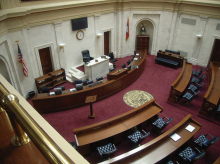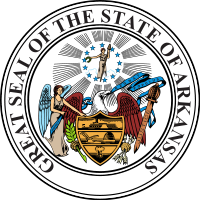North Carolina Broadband Bills Benefit Local Communities, Co-ops
Two pieces of recently introduced legislation in North Carolina’s General Assembly show a potential to help grow broadband in rural areas. In the past, state lawmakers have kept publicly owned Internet networks tightly reined in to protect cable and telephone monopolies operating in the state, but the restrictions may be loosening as state leaders recognize the need for more options.
The FIBER NC Act
The long list and leadership positions of sponsors attached to H 431 indicate that the FIBER NC Act shows promise. It’s four primary sponsors include the Rules Committee Chair and a Finance Committee Chair, which also bodes well for the future of H 431. Our friends at the North Carolina League of Municipalities (NCLM) tell us that they expect a similar companion bill with equal muscle behind it to come from the Senate.
The FIBER Act would change existing barriers to allow municipalities and local government the authority to invest in publicly owned broadband infrastructure in order to work with private sector partners. The bill also includes procedures that local governments must follow if they decide to pursue a public-private partnership, including conducting a feasibility study, and proper notification and execution of meetings. Within the language of H 431, the authors include specific instructions for publication and advertisement that describe the opportunity to lease the infrastructure.
Bipartisan support of the bill and the fact that almost 50 House Members, in addition to the four sponsors, have signed on add to the optimism that H 431 has a bright future. Folks at NCLM have expressed strong support for the bill and are galvanizing constituents to encourage elected officials to move H 431 forward.
It’s first stop is the Committee on Energy and Public Utilities. If it passes there, H 431 will move on to Finance and then to the Rules Committee.
Read the full language of H 431 and follow it’s progress.
Untying Cooperative Hands




 Even though large incumbent ISPs have collected federal grant funding in the past, deployment in Arkansas has been inadequate to connect all Arkansans. According to the FCC, connectivity to households is
Even though large incumbent ISPs have collected federal grant funding in the past, deployment in Arkansas has been inadequate to connect all Arkansans. According to the FCC, connectivity to households is